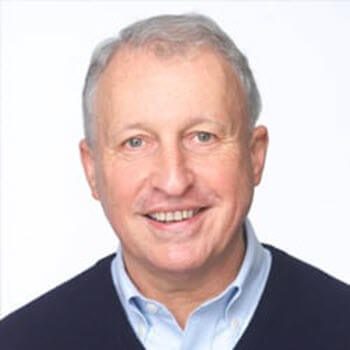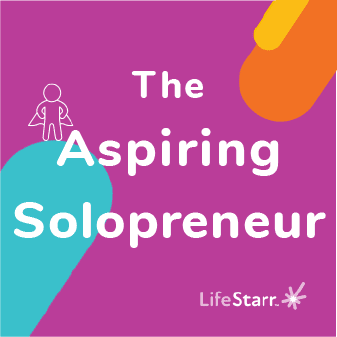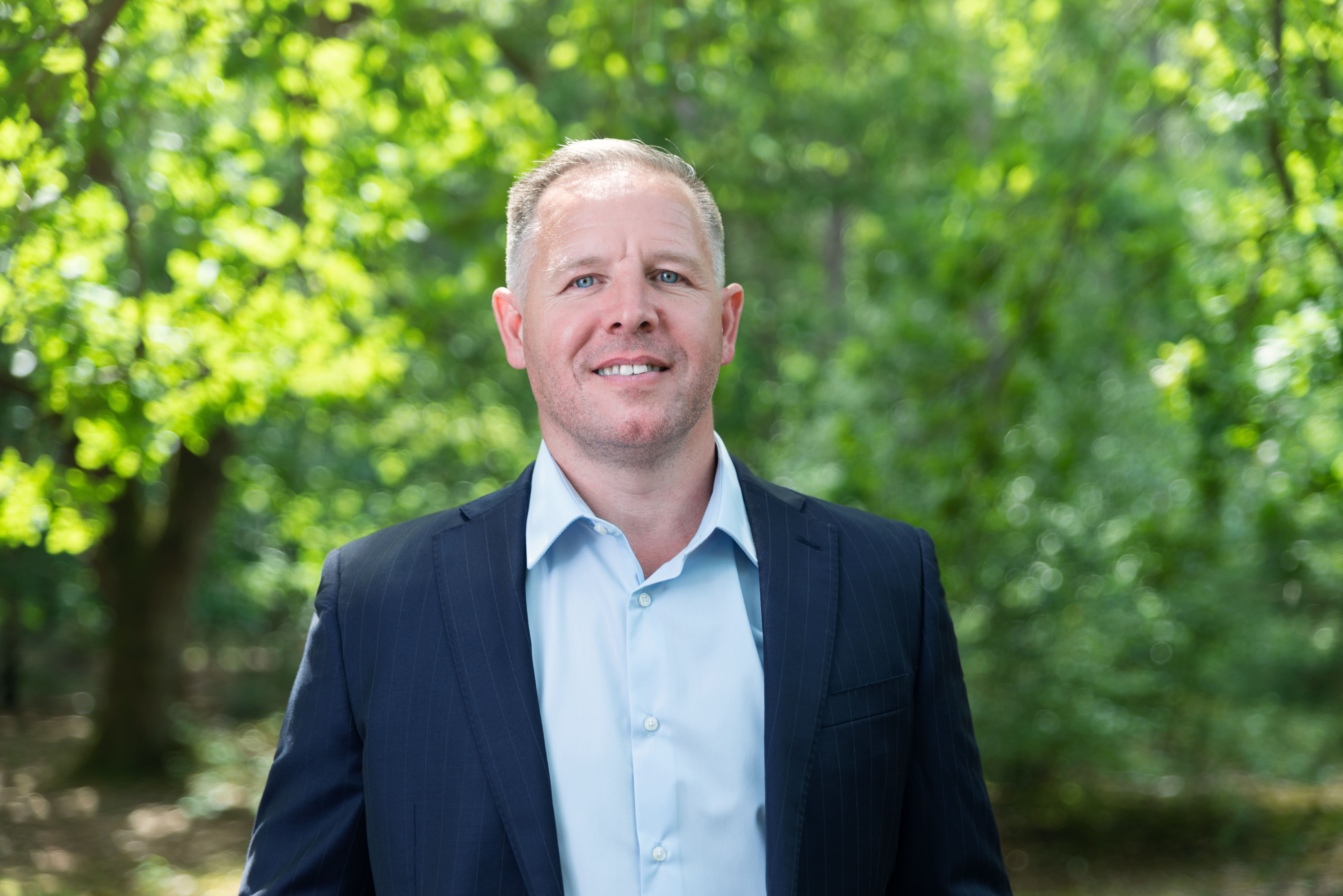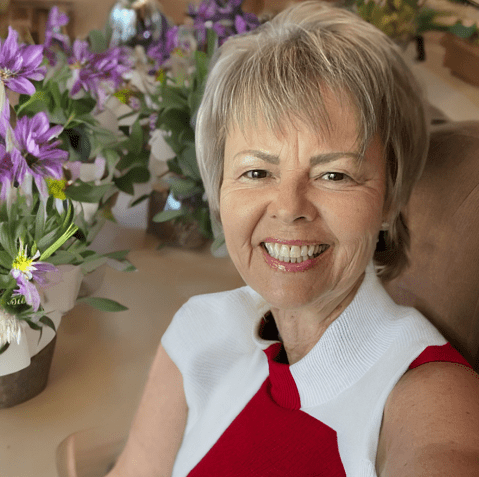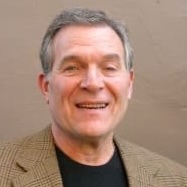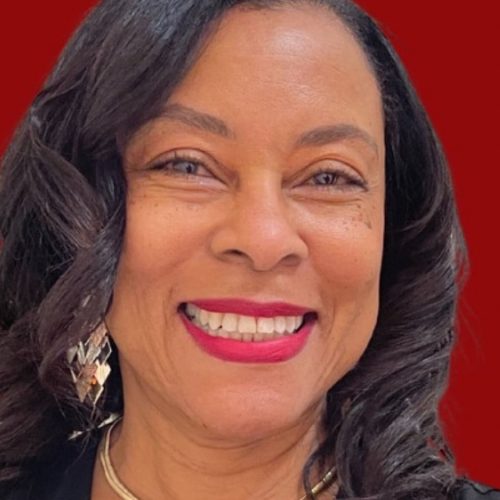The Future of Aging – Lauren Dunning | Milken Institute
- The Future of Aging – Lauren Dunning | Milken Institute Retirement Wisdom 31:52
What’s the future of aging – and how could it impact your healthspan and longevity? Lauren Dunning of the Milken Institute shares her insights on this topic and key trends in innovative housing options and Technology for older adults.
Lauren Dunning joins us from Santa Monica, California.
________________
Bio
Lauren Dunning is a director on the Future of Aging team at the Milken Institute, where she develops initiatives and strategic partnerships that advance healthy longevity and financial Security across the life course. In her role, Dunning oversees the Future of Aging Advisory Board, a group of global leaders across sectors that provides advisement, expertise, and collaboration to maximize the impact of the Institute’s work on aging.
Before joining the Milken Institute, Dunning served in key policy leadership roles over ten years at the Los Angeles County Department of Public Health, most recently as the director of Government Affairs.
She has written and presented on a variety of issues spanning health and aging, and is an adjunct professor of law at Georgetown University Law Center. Dunning holds a JD from Georgetown University Law Center, a Master of Public Health from Johns Hopkins Bloomberg School of Public Health, and a bachelor’s degree from George Washington University. She works at the Milken Institute’s Santa Monica office.
______________________
For More on Lauren Dunning
_______________________
Podcast Episodes You May Like
The Age Tech Revolution – Keren Etkin
Where to Retire – Silvia Ascarelli
The Mutual Benefits of Intergenerational Volunteering – Atalaya Sergi
_______________________
Wise Quotes
On Healthspan
“We have four major practice areas where we work to promote healthspan, advance integrated care solutions, improve dementia care and accelerate financial longevity preparedness. Now, those four practice areas are kind of a shorthand for where are there opportunities, but how do we overcome challenges associated with them? So just looking at, for example, healthspan. So healthspan is the number of years an individual lives in good health. And normally we compare this to life span and we’ve seen incredible gains in life span over the past hundred years. And that’s an amazing opportunity. More time to enjoy time with our families to contribute, to build, to be part of our society and communities. Those are incredible opportunities. But in order to realize them fully, we have to think about healthspan. We need to get our healthspans to match our lifespans. But healthspans globally, they’ve lagged, with sources putting that gap up to 10 years. That’s a big gap that people might spend living in poorer health than they might want. And we’re not quite going in the right direction with that, the health span lifespan gap is actually widening. So we need to reverse this trend…But the thing about healthspan is there’s so many levers that people have available to them to work on their healthspan, and to work on their years lived in good health. As a society, we have so many ways to promote health span. And then as individuals, we can look at our chronic disease risk, social engagement and purpose and promoting well being.”
On Intergenerational Volunteering
“Intergenerational connections are good for us. There’s important benefits for participants on both sides of the age spectrum, but also for society. And maybe that gets us to another misconception, which is that intergenerational connections or Relationships are about just one age group giving to another age group, right? So it’s this picture that somebody is giving their time and it’s intrinsically tied to volunteerism. There can be intergenerational programs and initiatives that are focused on building intergenerational connection through volunteerism for one another or two together, but that’s just one part of it and that really it’s so much more than that and they can be in mutual relationships that are providing benefits to both sides. And now when you’re looking at different age groups, you get different benefits, but think about older adults, right? Studies on intergenerational engagement, they found that just so many benefits, including less Depression and Anxiety, reduced cognitive decline, improved physical functioning for children, their social, emotional, and educational improvements.
On the Future of Aging
“And that’s a global effort to give everyone the opportunity to add life to years wherever they live. And one of the four spaces that they’re focused on is age friendly environments, so removing physical and social barriers to full participation in society by older adults supported by policy systems, services, technologies that enable people to live in the communities that they want to. And so some of that is about how do we make the physical spaces suitable for people of all ages. It’s not just older adults, it’s people with access and functional needs, young children and families. There’s a lot of needs for accessible spaces, for social space that’s often called third spaces where people can go and casually have space to meet in terms of cities themselves. It’s thinking about planning for healthcare. Planning for for meeting those long -term care needs, planning for transportation and creating transportation accessibility. Those universal design factors that make it so that people can age in their communities.”
____________________
About Retirement Wisdom
I help people who are retiring, but aren’t quite done yet, discover what’s next and build their custom version of their next life. A meaningful retirement doesn’t just happen by accident. Schedule a call to discuss how The Designing Your Life process created by Bill Burnett & Dave Evans can help you make your life in retirement a great one – on your own terms.
About Your Podcast Host
Joe Casey is the author of Win the Retirement Game: How to Outsmart the 9 Forces Trying to Steal Your Joy. He’s an executive coach who also helps people design their next life after their primary career and create their version of The Multipurpose Retirement.™ He created his own next chapter after a twenty-six-year career at Merrill Lynch, where he was Senior Vice President and Head of HR for Global Markets & Investment Banking. Today, in addition to his work with clients, Joe hosts The Retirement Wisdom Podcast, which thanks to his guests and loyal listeners, ranks in the top 1 % globally in popularity by Listen Notes, with over 1.4 million downloads. Business Insider has recognized Joe as one of 23 innovative coaches who are making a difference.


